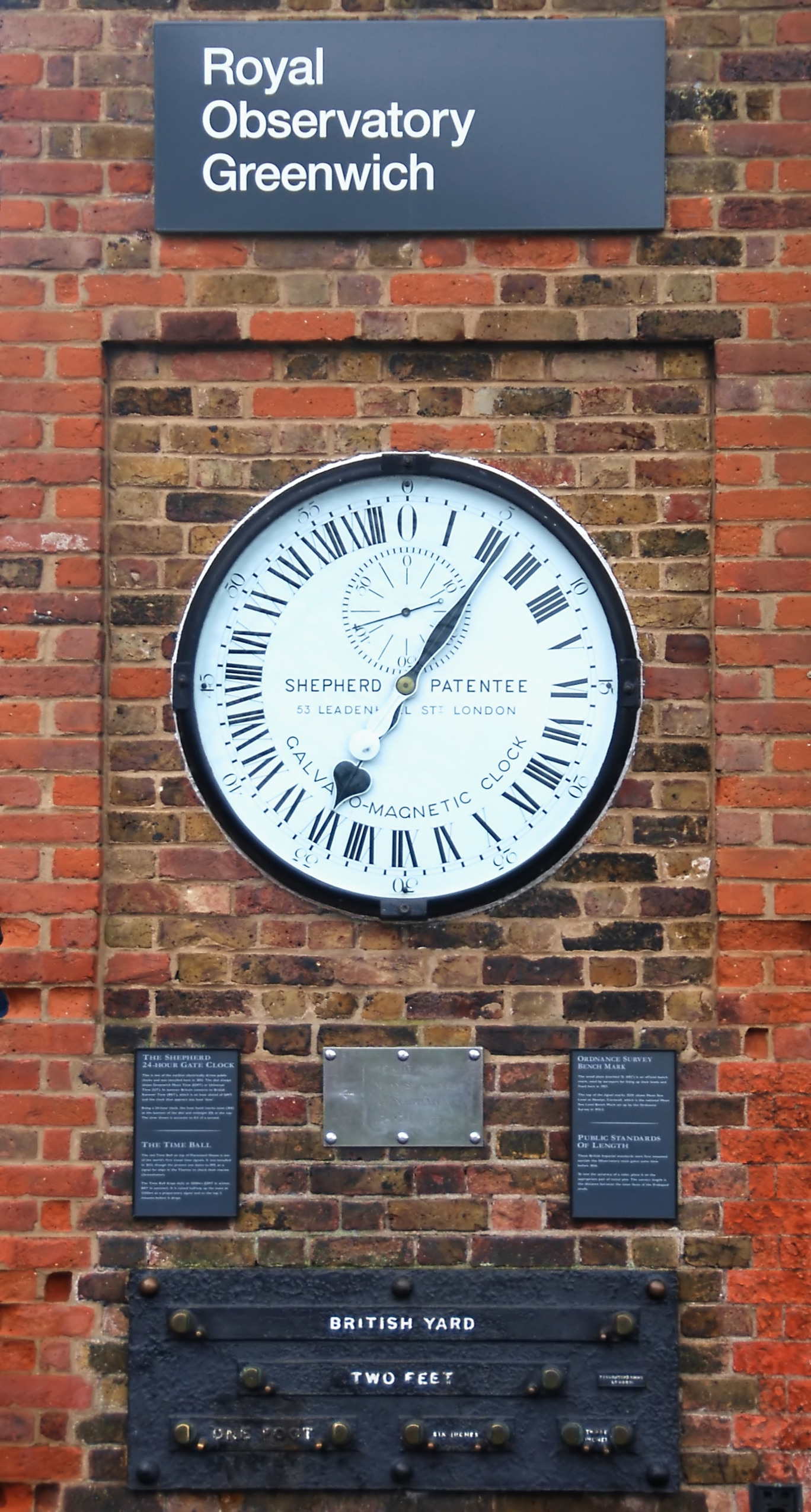|
City Hall (Cambridge, Massachusetts)
The Cambridge, Massachusetts City Hall is the city hall for Cambridge, Massachusetts, located at 795 Massachusetts Avenue, and built in the Richardsonian Romanesque style. The building additionally serves as a centerpiece of the surrounding City Hall Historic District and adjacent Central Square Historic District. History The hall was built between 1888–1889, and was largely funded through a donation from Frederick Hastings Rindge. The architects were Longfellow, Alden & Harlow (Alexander Wadsworth Longfellow, Jr., 1854–1934; Frank E. Alden, 1859–1908; and Alfred B. Harlow, 1857–1927). The building is three stories tall, with a bell tower that rises to 158 feet. Load-bearing stone walls are of Milford granite trimmed with Longmeadow brownstone. Cambridge City Hall houses offices for the city council, the city manager and several municipal departments. In addition to the main building, the city of Cambridge also houses several other departments a couple of city blo ... [...More Info...] [...Related Items...] OR: [Wikipedia] [Google] [Baidu] |
Milford Granite (Massachusetts)
Milford pink granite, also known as Milford granite or Milford pink is a Proterozoic igneous rock located in and around the town of Milford, Massachusetts, covering an area of approximately , as mapped by the USGS. It is also sometimes referred to as Braggville granite, for several quarries in the neighboring village of Braggville, Massachusetts. From 1870 to 1940, the town of Milford became famous for the "pink" variety of this stone, prized as a building material. According to local legend, the granite was "discovered" in the early 1870s by two brothers, James and William Sherman at Rocky Woods in Milford. At its peak, over 1,000 men labored in dozens of quarries in Milford and nearby Hopkinton. A sample of Milford Pink is on display at the Smithsonian Institution. Milford pink granite is quarried by the Fletcher Granite Company, at their Lumber Street quarry in Hopkinton. Description The granite is described as a light gray or light pinkish-gray to a medium, slightly pink ... [...More Info...] [...Related Items...] OR: [Wikipedia] [Google] [Baidu] |
Historic District Contributing Properties In Massachusetts
History (derived ) is the systematic study and the documentation of the human activity. The time period of event before the invention of writing systems is considered prehistory. "History" is an umbrella term comprising past events as well as the memory, discovery, collection, organization, presentation, and interpretation of these events. Historians seek knowledge of the past using historical sources such as written documents, oral accounts, art and material artifacts, and ecological markers. History is not complete and still has debatable mysteries. History is also an academic discipline which uses narrative to describe, examine, question, and analyze past events, and investigate their patterns of cause and effect. Historians often debate which narrative best explains an event, as well as the significance of different causes and effects. Historians also debate the nature of history as an end in itself, as well as its usefulness to give perspective on the problems of the p ... [...More Info...] [...Related Items...] OR: [Wikipedia] [Google] [Baidu] |
Government Buildings Completed In 1889
A government is the system or group of people governing an organized community, generally a state. In the case of its broad associative definition, government normally consists of legislature, executive, and judiciary. Government is a means by which organizational policies are enforced, as well as a mechanism for determining policy. In many countries, the government has a kind of constitution, a statement of its governing principles and philosophy. While all types of organizations have governance, the term ''government'' is often used more specifically to refer to the approximately 200 independent national governments and subsidiary organizations. The major types of political systems in the modern era are democracies, monarchies, and authoritarian and totalitarian regimes. Historically prevalent forms of government include monarchy, aristocracy, timocracy, oligarchy, democracy, theocracy, and tyranny. These forms are not always mutually exclusive, and mixed governme ... [...More Info...] [...Related Items...] OR: [Wikipedia] [Google] [Baidu] |
Clock Towers In Massachusetts
A clock or a timepiece is a device used to measure and indicate time. The clock is one of the oldest human inventions, meeting the need to measure intervals of time shorter than the natural units such as the day, the lunar month and the year. Devices operating on several physical processes have been used over the millennia. Some predecessors to the modern clock may be considered as "clocks" that are based on movement in nature: A sundial shows the time by displaying the position of a shadow on a flat surface. There is a range of duration timers, a well-known example being the hourglass. Water clocks, along with the sundials, are possibly the oldest time-measuring instruments. A major advance occurred with the invention of the verge escapement, which made possible the first mechanical clocks around 1300 in Europe, which kept time with oscillating timekeepers like balance wheels., pp. 103–104., p. 31. Traditionally, in horology, the term ''clock'' was used for a striki ... [...More Info...] [...Related Items...] OR: [Wikipedia] [Google] [Baidu] |
City Halls In Massachusetts
A city is a human settlement of notable size.Goodall, B. (1987) ''The Penguin Dictionary of Human Geography''. London: Penguin.Kuper, A. and Kuper, J., eds (1996) ''The Social Science Encyclopedia''. 2nd edition. London: Routledge. It can be defined as a permanent and densely settled place with administratively defined boundaries whose members work primarily on non-agricultural tasks. Cities generally have extensive systems for housing, transportation, sanitation, utilities, land use, production of goods, and communication. Their density facilitates interaction between people, government organisations and businesses, sometimes benefiting different parties in the process, such as improving efficiency of goods and service distribution. Historically, city-dwellers have been a small proportion of humanity overall, but following two centuries of unprecedented and rapid urbanization, more than half of the world population now lives in cities, which has had profound consequences for g ... [...More Info...] [...Related Items...] OR: [Wikipedia] [Google] [Baidu] |

.jpg)

